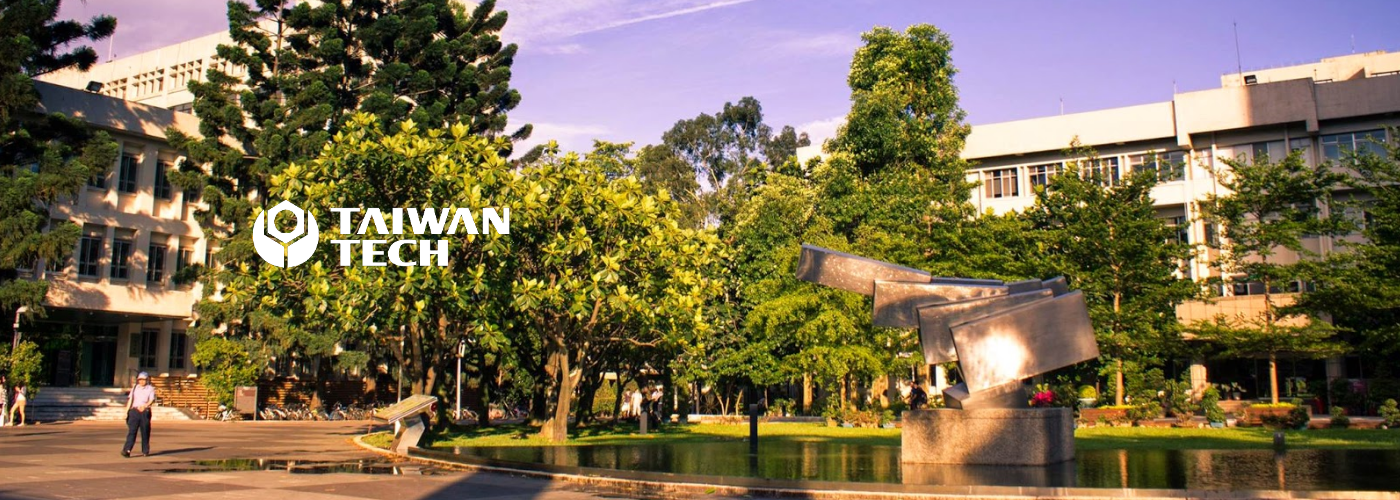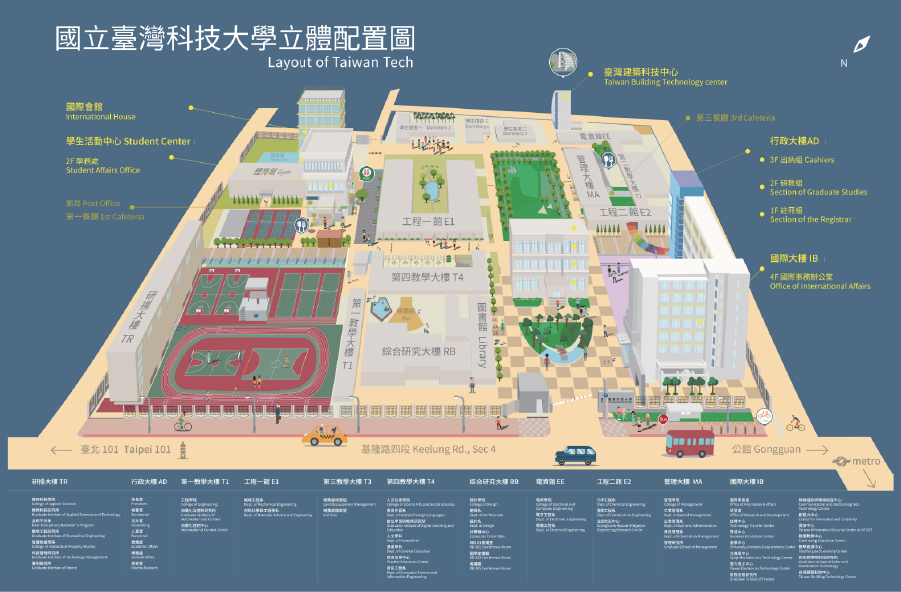Educational Objectives
Due to the rapid changes in the industrial and commercial society and the unstable development of the world economy, domestic and foreign industrial and commercial enterprises are faced with strong operating pressure. In this increasingly fierce information competition environment, the quality and timeliness of decision-making will directly affect the development and success of enterprises. According to the statistics of the Institute of Information Management, there are 112 information management-related institutions in various colleges and universities, including 45 comprehensive universities, 33 universities of science and technology, 32 technical colleges, 8 independent colleges, and 4 vocational schools. About 18,000 university students graduate from the Department of Information Management in domestic colleges and universities every year. Although the supply of information management talents is abundant, there is still a general shortage of high-quality information management talents in information technology management, software engineering, project management, database management, system analysis, etc. in the business community. This is the process of formulating and revising the output of educational goals in the spirit of continuous improvement. For example, in 1997, academic representatives, industry elites, current students and department friends, and faculty and department advisory members were regularly invited to participate in the formulation of educational goals, curriculum planning, teaching development, teaching evaluation and other roles. Review and improve work to meet the needs of the country and society for talent cultivation. The educational goals of the department are consistent with the school's mission and the college's vision and goals, and are compatible with the college and school resources. The Department is committed to providing students with professional skills, professional attitude, innovative and integrated learning environment. With the cooperation of professional knowledge and ability teaching, cross-departmental academic program integration, and corporate practice cooperative teaching, students are able to pursue excellence, realize themselves, contribute to society, and cater to industry changes. Therefore, the department encourages students to take inter-departmental courses, and requires students to complete practical projects and participate in competitions, so as to strengthen students' active spirit and ability to verify each other between theory and practice. In addition, professional attitudes of dedication and ethics are also very important for information management talents. Therefore, in order to improve students' humanistic quality, students of this department must cultivate their humanistic quality, professional attitude, and ethical spirit through general education. The teaching of the university department of the department is mainly to cultivate practical talents of "system technical engineer", "information system development manager" and "information resource planner", while the teaching of the graduate school is mainly to cultivate advanced information management professionals and researchers. The development of the education characteristic goals of the department includes::
- Information Technology and Application Service:
With the rapid development of information technology, organizations usually met challenges to utilize emerging technologies: How to properly apply these information technologies? How to develop applications enabled by emerging technologies? And how to protect the security of information applications? As a result, the research group studies means to utilize the emerging technologies, architecture of building applications with the technologies with considering resource utilization efficiency, as well as related cybersecurity issues. Currently, the research group focuses on the following topic:network service-oriented architecture (including fault tolerance network, mobile ad hoc network application and performance analysis on grid computing), network applications (including recommendation system, mobile computing and data mining), artificial intelligence applications (including multi-media systems and human computer interaction), simulation, operation research, information security, and optimization theory.
- Intelligent Operation and Digital Management:
This research group studies the development and management of enterprise information systems. To understand the development of enterprise systems, we investigate how modern information systems can be developed and introduced in an enterprise, including e-business, consumer relationship management (CRM), enterprise resource planning (ERP), supply chain management (SCM), financial information system, etc. As regard to the management of information systems, the research directions include business intelligence management, software project management, information technology management, etc.






